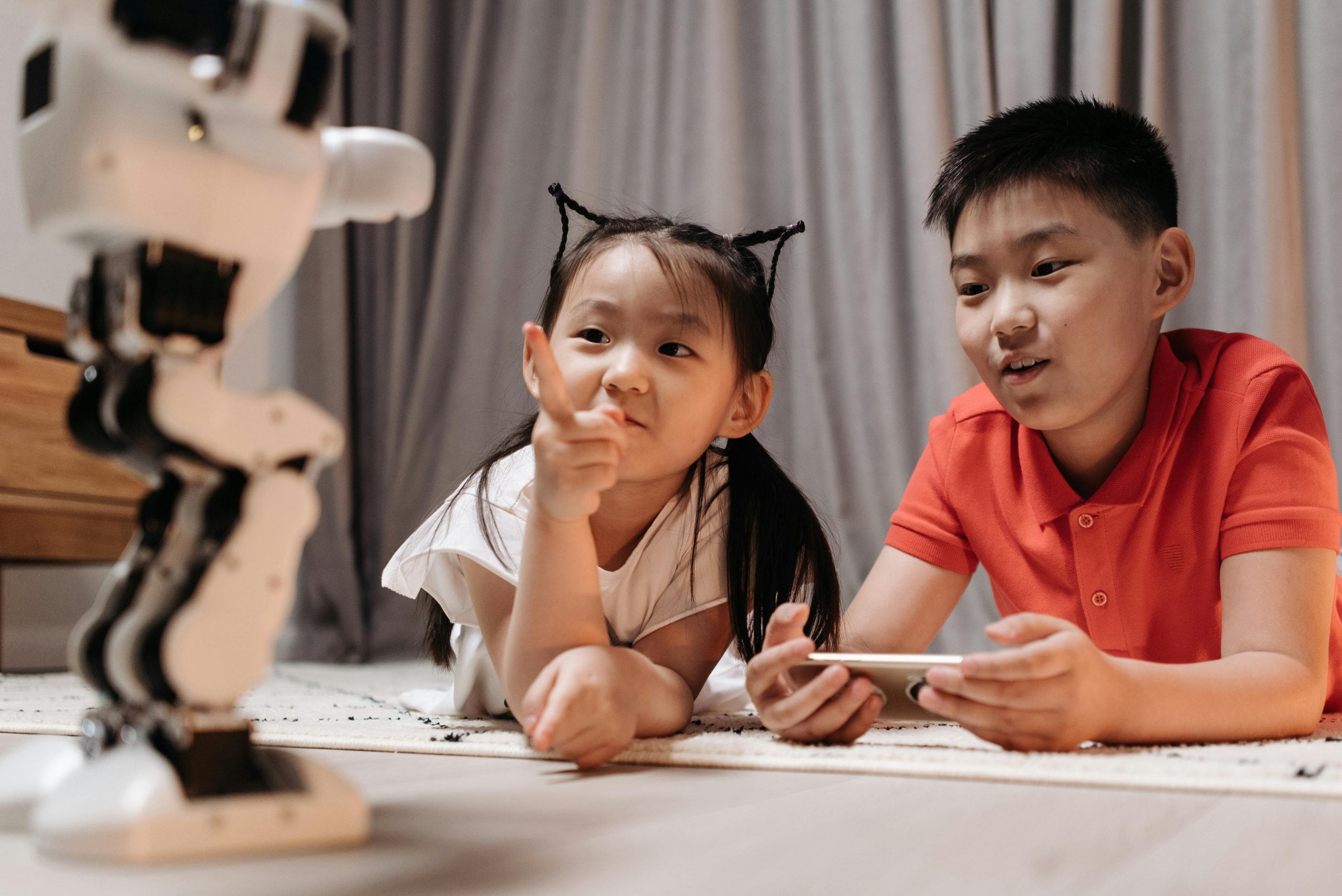Reimagining Education in the Era of Artificial Intelligence
As artificial intelligence tools like ChatGPT, Claude, and others become increasingly sophisticated and accessible, traditional notions of memorization and detailed understanding are being challenged. The utility of rote learning—reciting formulas or memorizing processes—appears to be diminishing in a landscape where information retrieval is instantaneous.
The question arises: How should educational systems evolve to keep pace with this technological shift? One emerging approach suggests a fundamental change in teaching methodologies:
Focus on Core Concepts: Instead of lengthy lectures and extensive memorization, educators could introduce concise lessons centered around fundamental ideas. These foundational principles serve as the guiding framework for problem-solving rather than exhaustive detail.
Harness AI as a Learning Tool: Students would be encouraged to utilize AI assistants freely during their studies. Through strategic prompting, searching, and iterative questioning, learners can develop solutions efficiently—sometimes even more rapidly than through traditional study methods.
Assessment of Practical Competence: If a learner can consistently arrive at correct solutions with AI support, it prompts a reevaluation of what constitutes true understanding. Perhaps being able to apply tools effectively signifies a different, yet valuable, form of mastery.
This approach raises important questions about the purpose of education. If students can reliably demonstrate competence via AI-assisted problem-solving, should we continue emphasizing memorization? Or should the focus shift towards building critical thinking, framing problems, and validating solutions—skills that remain vital regardless of technological capabilities?
Some might view this shift as a form of “lazy learning,” but others see it as an adaptive evolution—aligning education with the realities of a digital age. Embracing this change could cultivate more innovative, flexible thinkers equipped to navigate a world where knowledge is always at their fingertips.
What are your perspectives? Is this a necessary adaptation for modern education, or does it risk undermining foundational learning?
